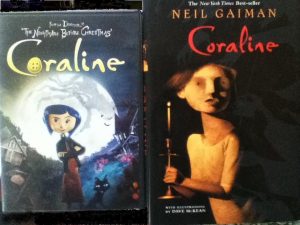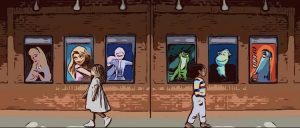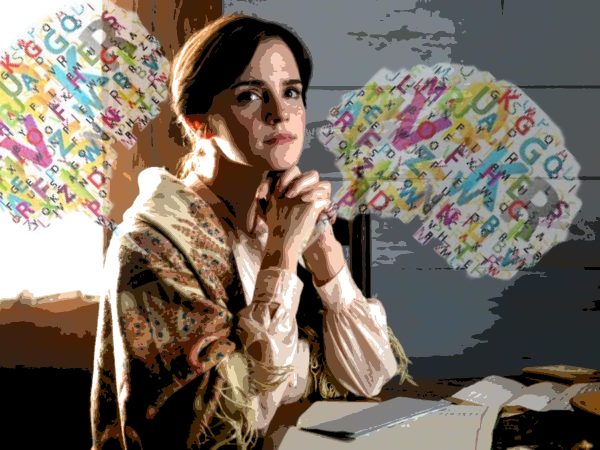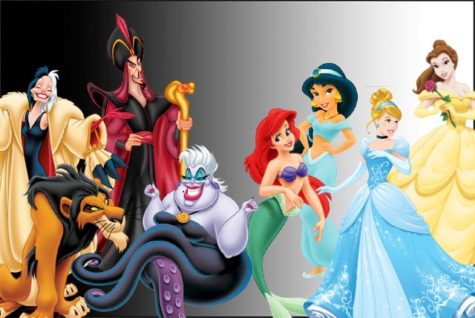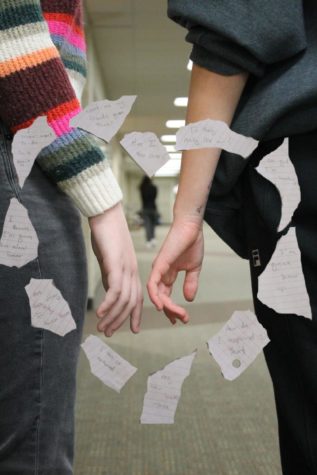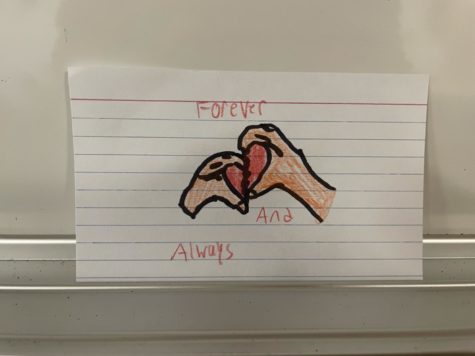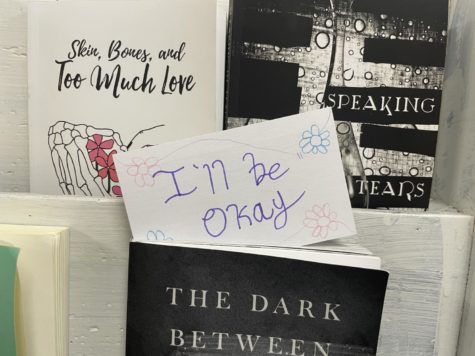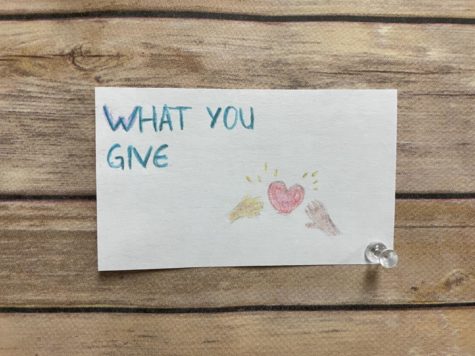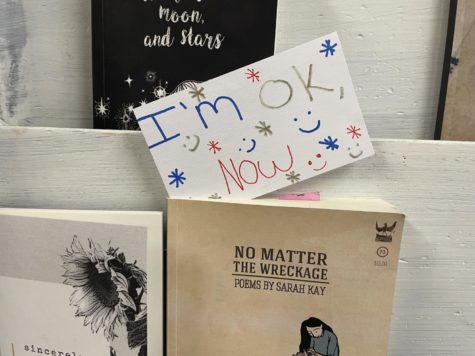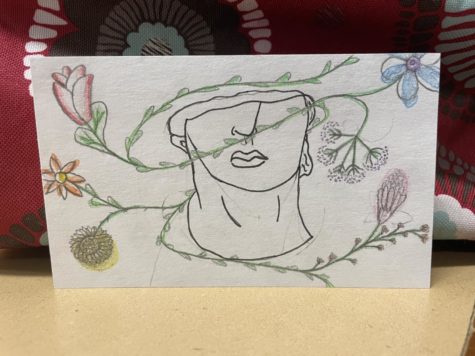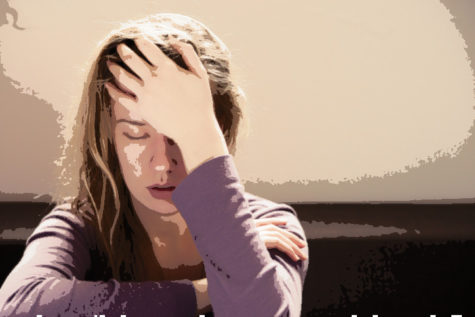It’s not critical race theory, it’s history, and it’s important
October 17, 2022
Critical race theory is a major political buzzword and has even become a talking point in this year’s school board election, prompting district communications director Michelle Karpinski to issue a statement that, “We certainly have been doing some and have been very open about the work we’re doing to make sure we’re an inclusive organization but critical race theory is an academic theory for law scholars,” Karpinski said. “It’s just not in public schools.”
What is being mislabeled as “critical race theory” is typically just honest portrayals of history and how those historical events still shape societies and cultures across the world today, and that is something that should be in public schools.
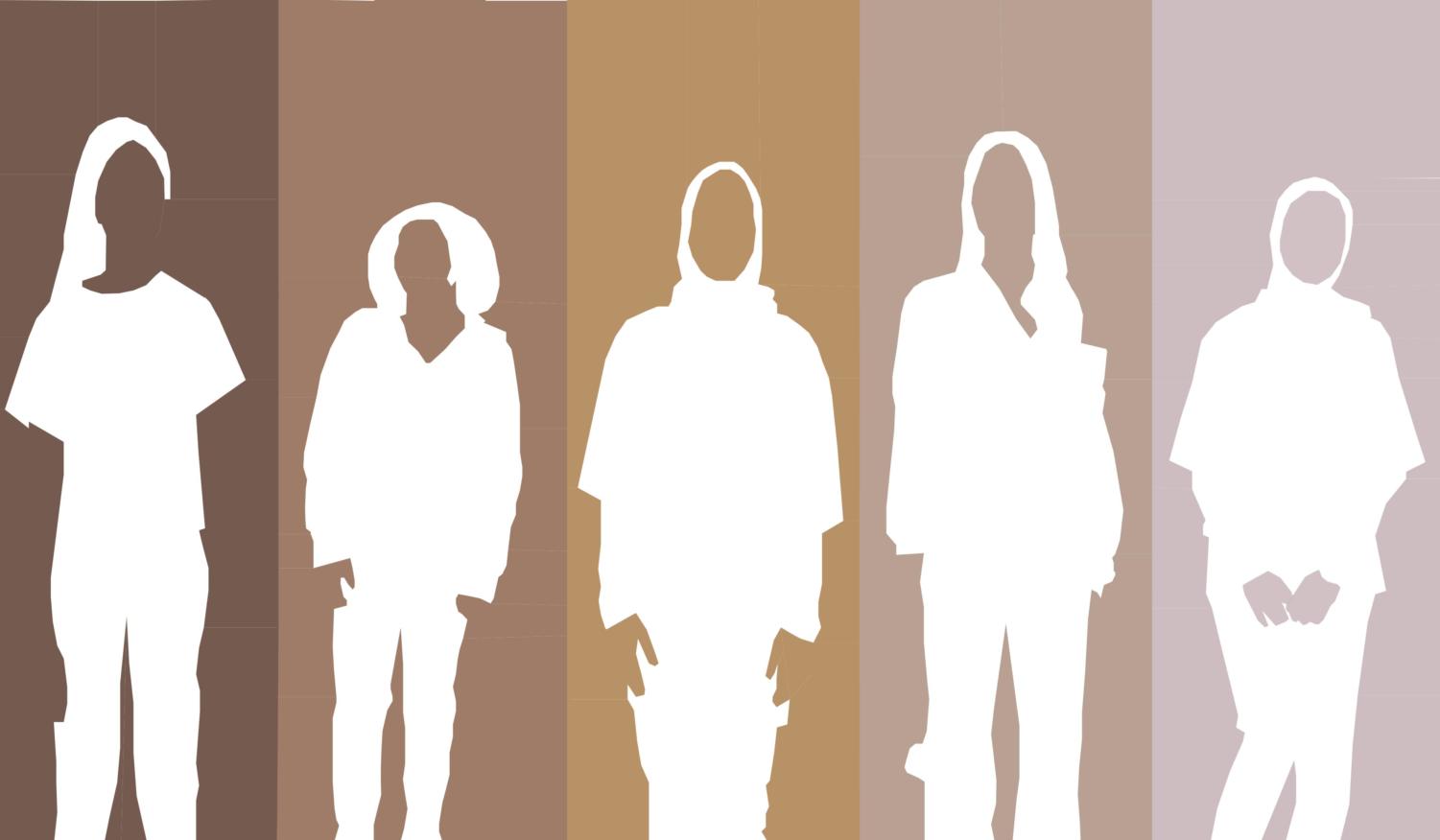
Surveyed teachers agree: 27 out of 28 surveyed staff members indicated that it is important to teach real, factual history and its influence today, not shying away from the realities of ethnic oppression in the United States. Interviewed students agree. Senior Emily Lynch, a senior at PNHS, claims that the history of systemic discrimination against particular groups of people is simply “a part of our country’s history,” and continues to say, “we can’t just ignore it [oppression of people of color] and pretend it never happened.” Similarly, sophomore Trevor Anderson, says, “It’s just history. A big part of it, actually.”
The problem about history is that it can be uncomfortable. Sophomore Jenna Abdulhak argues that there is a clear solution: “I think if we simplified these concepts as integral parts of American history, which they are, whether they should be taught or not wouldn’t be a question,” she states. “The treatment of White Americans as a superior people is so incredibly relevant, and we continue to feel its effects today.”
It’s just history. A big part of it, actually.
— Trevor Anderson, sophomore
Learning about racial injustice is not only important in the general, educational sense, it also has specific impacts on the world today. Freshman Alyssandra Radford says that bringing awareness to the systematic racial discrimination that goes on today would help “combat the racist stereotypes of the past.” Freshman Dillyn Yokie explains the importance of introducing this topic before higher education, arguing that students need to be exposed to complex issues early on so they can, “…form opinions as a child instead of rejecting them as stubborn adults.” Knowledge is power, and as junior Ella Morofsky puts plainly, “we just can’t repeat history.”





